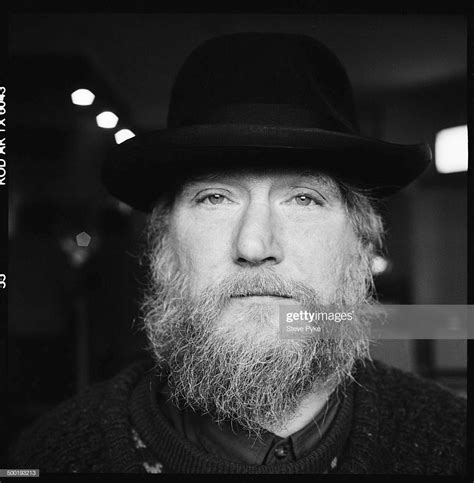A Quote by Dermot Healy
There isn't any distinction between a reader and a writer - reading is so much a part of it.
Related Quotes
We must be forewarned that only rarely does a text easily lend itself to the reader's curiosity... the reading of a text is a transaction between the reader and the text, which mediates the encounter between the reader and writer. It is a composition between the reader and the writer in which the reader "rewrites" the text making a determined effort not to betray the author's spirit.
Reading, therefore, is a co-production between writer and reader. The simplicity of this tool is astounding. So little, yet out of it whole worlds, eras, characters, continents, people never encountered before, people you wouldn’t care to sit next to in a train, people that don’t exist, places you’ve never visited, enigmatic fates, all come to life in the mind, painted into existence by the reader’s creative powers. In this way the creativity of the writer calls up the creativity of the reader. Reading is never passive.
Plate glass... has no beauty of its own. Ideally, you ought not to be able to see it at all, but through it you can see all that is happening outside. That is the equivalent of writing that is plain and unadorned. Ideally, in reading such writing, you are not even aware that you are reading. Ideas and events seem merely to flow from the mind of the writer into that of the reader without any barrier between. I hope that is what is happening when you read this book
I learned to write from reading. I had no writing classes. It's part of my thinking as the writer-author, reading, but then I also want to bring this into my characters, who also read and think. There's that great quote from Virginia Woolf - it's very simple: "...books continue each other." I think when you're a writer, you're also, hopefully, a reader, and you're bringing those earlier works into your work.
That underscored this idea that when we're reading a book or writing a book, you're in an act of co-creation. The reader and the writer are both trying to dress up and present their best selves and then there's that moment, when suddenly, as a reader, you're not exactly you anymore, and likewise, as a writer, you're not really you.
Two kinds of reading can be distinguished. I call them reading like a reader and reading like a writer ... when you read like a reader, you identify with the characters in the story. The story is what you learn about. When you read like a writer, you identify with the author and learn about writing.
As a reader, when the writer gets sentimental, you drift, because there's something fishy going on there. You recognize a moment that's largely about the writer and the writer's own need to believe in something that might not in fact exist. As a reader, you think, 'Where did the story go? Where did the person I'm reading about go?'
Despite the apparent absoluteness of the First Amendment, there are any number of ways of getting around it, ways that are known to any student of law. In general, the strategy is to manipulate the distinction between speech and action which is at bottom a distinction between inconsequential and consequential behavior.





































